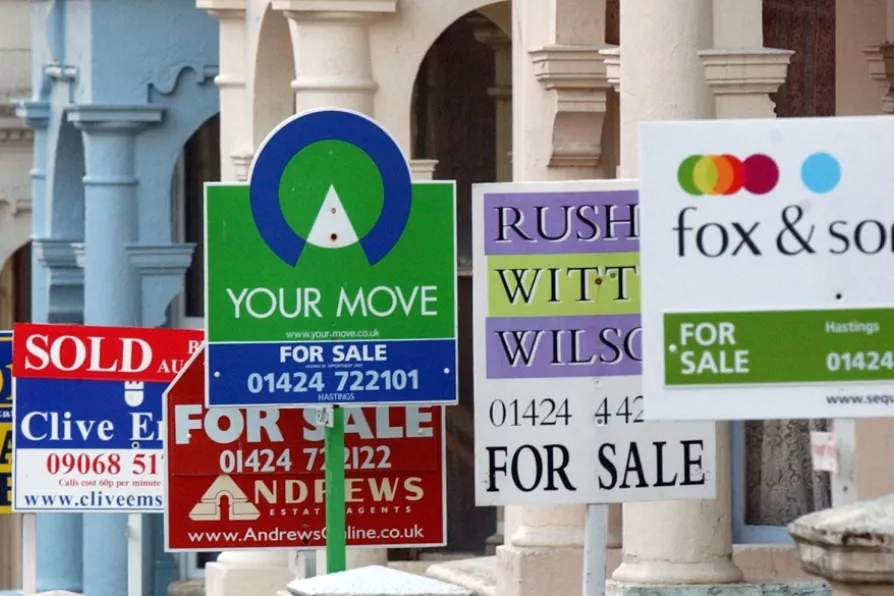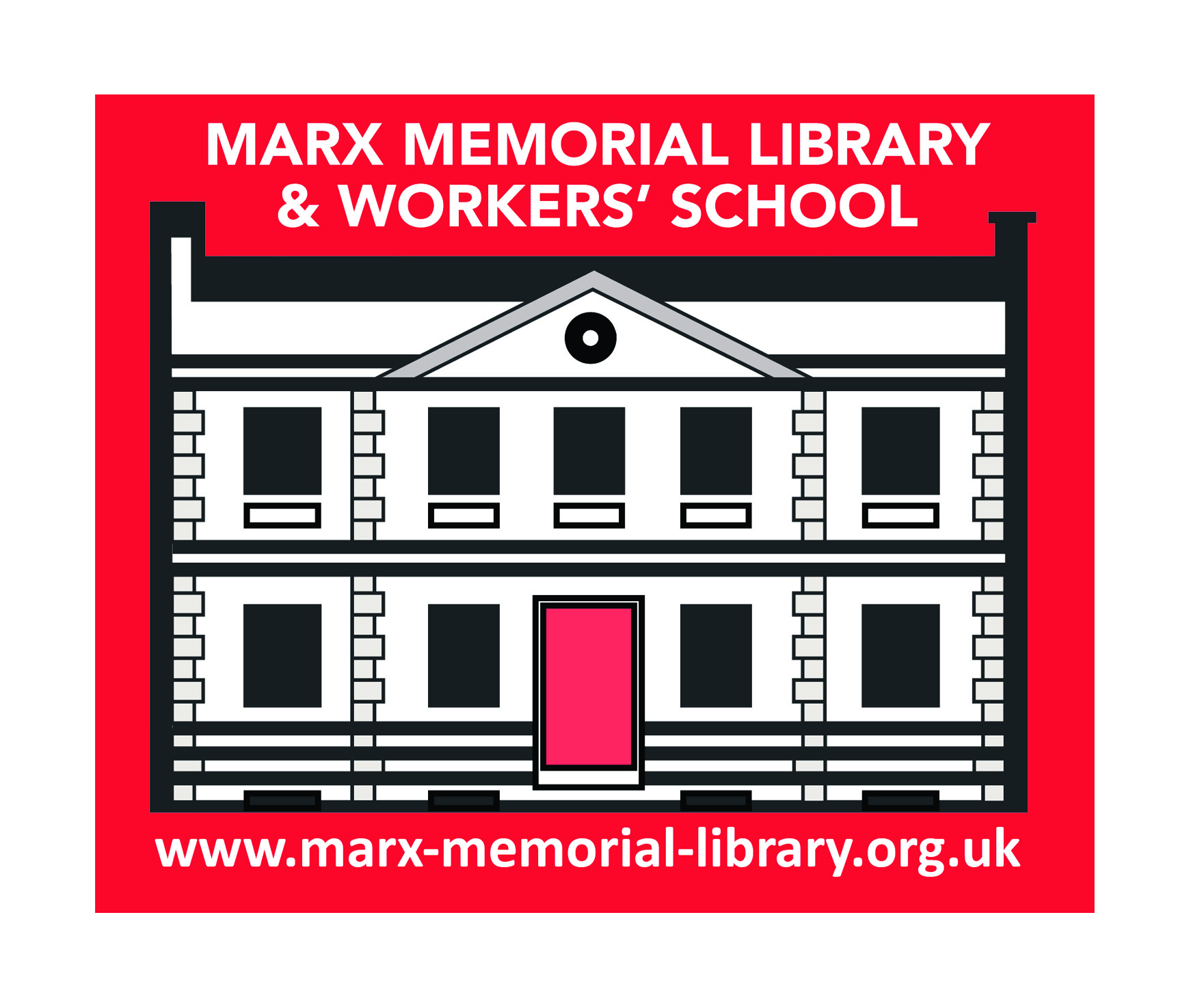ALEX HALL interviews PAUL HOLDEN, whose bombshell book uses leaked documents to expose how the Starmer faction used systematic dishonesty to seize power and reopen the door to the corrupting ecosystem of corporate lobbying and sleaze


HOUSING today, especially in Britain, emphasises the contradiction between the basic need of the many for somewhere to live and the unnatural bloated wealth of the few. Homes have become a key part of our commodified economy.
Big business is reliant on the housing market for growth, millions of people live in inadequate, insecure and, for some, dangerous homes and nearly 5,000 people sleep rough every night on our streets. Meanwhile those with “capital” buy property as an investment device or tax dodge and often leave it empty.
Some of the council estates built after World War I as well as after World War II were superior not just to the slums they replaced but also to much speculative “working-class” housing built more recently, though then, as now, residents are distanced from engagement in the process of construction and design.















